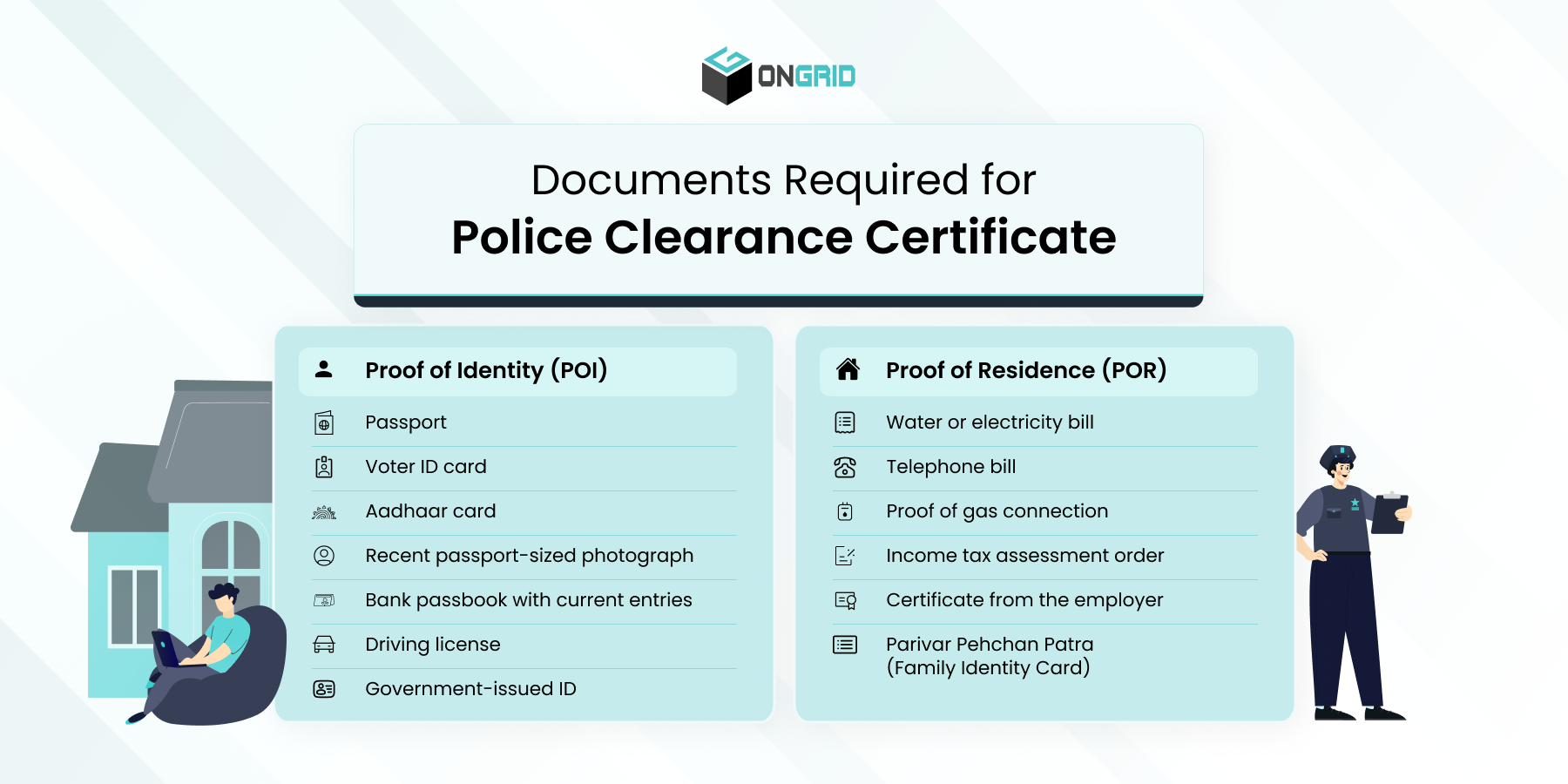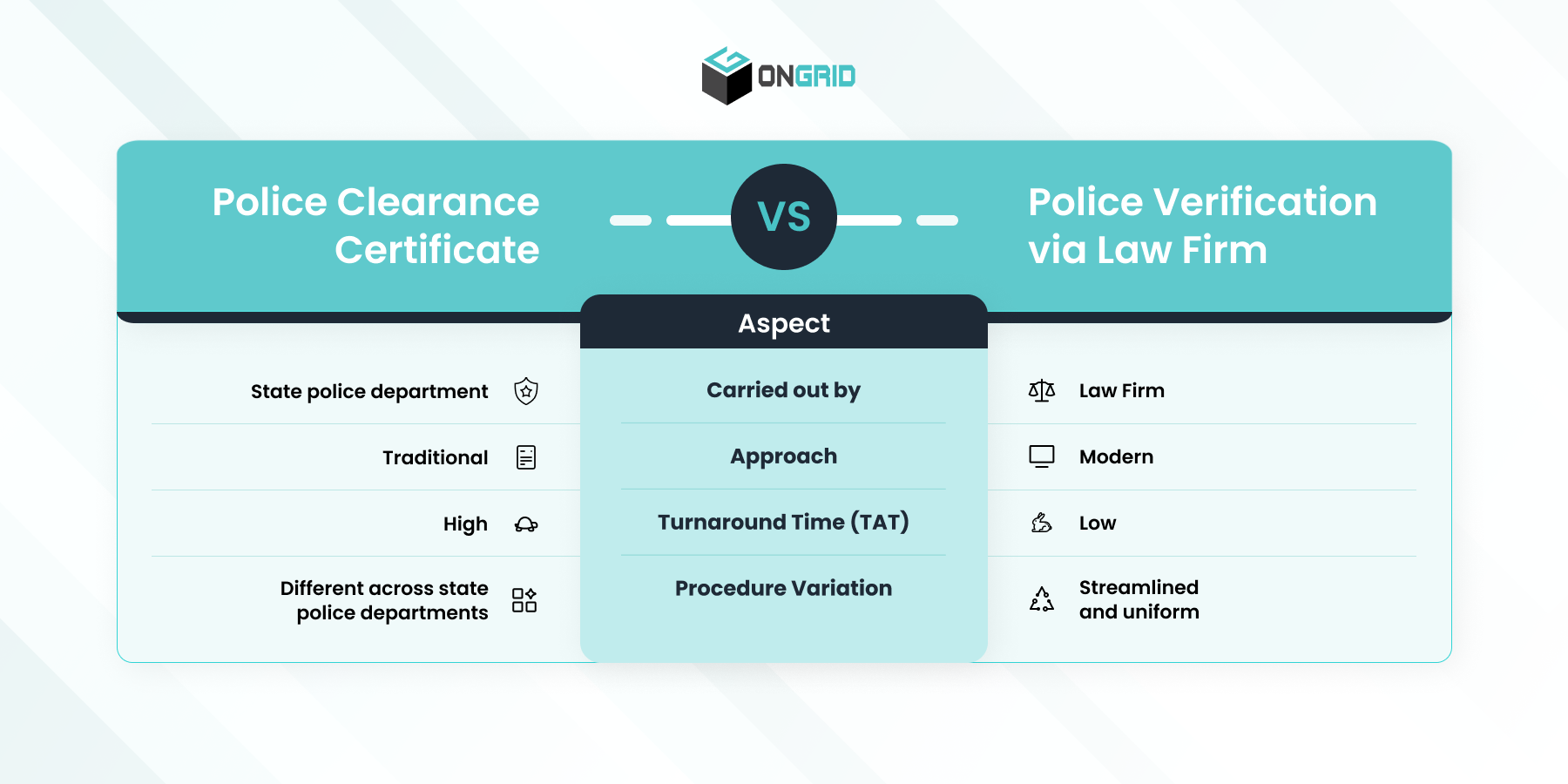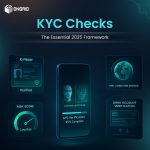Table of Contents
ToggleEver wondered why you need police verification for a new job or apartment?
Police verification is a background check conducted by law enforcement to confirm your identity and see if you have a criminal record. This is mandatory for many things like getting a job, applying for a visa, obtaining a passport, or renting an apartment. It helps organizations assess potential risks before trusting you with a position, lease, or other important matter.
Why is it Becoming More Important?
As people increasingly rely on professional services such as home maintenance, delivery, and ride-sharing, they become more vulnerable to potential risks. Ensuring the safety and security of consumers is paramount in fostering trust within these services. One effective way to achieve this is through thorough police verification of service providers.
By conducting comprehensive background checks, including criminal history and identity verification, companies can assure their customers that the professionals entering their homes or driving them around have been vetted and deemed trustworthy. This not only enhances consumer confidence but also strengthens the reputation of the service providers, leading to greater customer loyalty and satisfaction.
The Crucial Role of Police Verification in India
Police verification serves as a critical security measure employed across various sectors in India. This process involves law enforcement agencies confirming an individual’s identity and criminal history. Here’s a closer look at its key applications:
Thorough Employment Screening: Positions involving access to sensitive information, financial assets, or security protocols often mandate police verification. This step safeguards employers by ensuring potential hires do not possess a criminal background that could pose a risk to the organization.
Enhanced Tenant Verification: Many landlords prioritize police verification for prospective tenants. This verification process offers peace of mind by confirming the individual’s criminal record and mitigating potential security concerns within the property.
Ensuring Passport Security: Police verification is a mandatory step during passport issuance. This verification empowers authorities to confirm an applicant’s identity and assess any potential security threats associated with the individual.
Facilitating Streamlined Visa Applications: Several countries require a police verification certificate as part of their visa application process. This document verifies the applicant’s criminal record and expedites a smooth visa approval process.
Building Trust with Domestic Staff: For domestic workers, particularly those entrusted with close proximity to families (maids, drivers, nannies), police verification can be a prudent decision. It fosters trust between employers and staff while contributing to a safer overall home environment.
Maintaining Robust Security Protocols: Police verification is a cornerstone of security-related roles, such as private guards and gatekeepers. This verification ensures that individuals entrusted with significant security responsibilities possess a clean background and uphold the highest security standards.
Types of Police Verification in India
In India, police verification is crucial for ensuring security and trust, and there are two primary methods to conduct this process:
The Traditional Route: Police Clearance Certificate (PCC)
This established method involves the relevant state police department issuing the certificate. The state police are responsible for verifying your background, which can sometimes result in longer processing times.
The Modern Approach: Police Verification via Law Firm (PVLF)
This newer method offers a faster, more streamlined alternative. A legal agency visits your local police station to gather and verify your details directly.
The decision between these approaches relies on a range of factors:
Traditional Approach: The Police Clearance Certificate provides the assurance of a state-issued document but may take longer to acquire. The required documents and turnaround time (TAT) can vary from state to state, making standardization challenging.
Modern Alternative: The Police Verification via Law Firm can deliver quicker results, facilitated by a legal agency, but this service may not be available everywhere.
Choosing the right approach depends on your specific needs, such as urgency or specific regulatory requirements that might necessitate a PCC. By understanding these two types of police verification, you can make a more informed decision based on your circumstances.
Documents Required for Police Clearance Certificate
The required documents for submitting a police clearance certificate (PCC) request can vary from state to state, as there is no standardized list. However, here are some commonly requested documents:

Modes of Police Verification
Police clearance certificates can be obtained through two primary modes, which vary from state to state:
Offline Verification: In this mode, you need to submit hard copies of the required documents, along with the No Objection Certificate (NOC) and application form, by postal mail to the state police department.
Online Verification: In this mode, you submit your application through the state police department’s online portal and receive an acknowledgment electronically.
How Long Does It Take to Obtain a Police Verification Certificate in India?
The timeline for obtaining a PCC in India can vary based on several factors:
State Variations: Different states process verifications at different paces. Some have more resources and can complete checks faster.
Priority Matters: Priority Levels: High-priority cases, such as passport applications and immigration, are expedited. The Ministry of External Affairs targets verification within one week to 21 days for passports depending on the workload of the Police Department.
Employment Checks: Verifications for jobs might take longer, and the time period varies from state to state.
Patience is essential, but for urgent cases, consider opting for PVLF, which can significantly reduce the turnaround time.
Police Clearance Certificate vs. Police Verification via Law Firm
Here’s a comparison table highlighting the key differences between Police Clearance Certificates and Police Verification via Law Firm.

In conclusion, police verification stands as a pivotal security measure in India, with significant implications across diverse sectors. Whether opting for the conventional route of acquiring a Police Clearance Certificate (PCC) or embracing the contemporary method of Police Verification via Law Firm (PVLF), grasping the intricacies of the process is paramount for successful navigation.
Moreover, by amalgamating police checks with comprehensive court record searches, organizations can make astute decisions, thereby fostering a safer and more secure environment for all stakeholders.
At OnGrid, we provide tailored solutions, offering both Police Clearance Certificate (PCC) and the modern approach of Police Verification via Law Firm (PVLF) to accommodate your specific needs. Additionally, our services extend to include Criminal Court checks, further fortifying the screening process to ensure thorough vetting of employees.





Leave a Reply